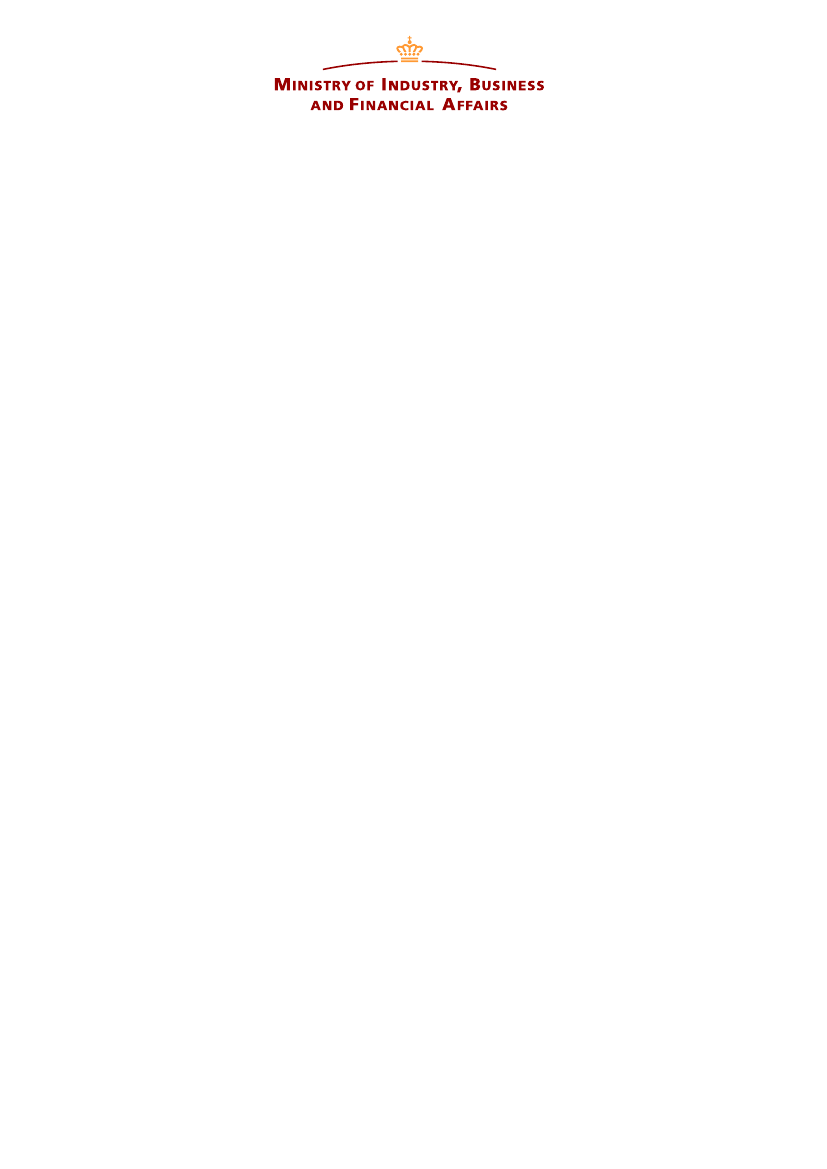
The Danish Government’s response to the public consultation on a
roadmap for the upcoming standardisation strategy
The Danish Government welcomes the Commission’s initiative to
launch a horizontal standardisation strategy, that spans from a large-
scale strategic approach to global standard-setting to the technical de-
tails of working methods and processes within the European Standardi-
sation System (ESS).
The Danish Government agrees with the Commission that the ESS is a
cornerstone in the single market and that it must be agile, robust and
efficient to support the competitiveness of European businesses as well
as advance political priorities such as the green and digital transitions.
In this context, we strongly support the Standardisation Regulation, the
core principles of the New Legislative Framework and the public-pri-
vate partnership between legislators and industry that constitutes the
ESS. The Standardisation Regulation ensures that European standards
are built on European values of transparency, inclusiveness and consen-
sus-building.
The Danish Government appreciates that the Commission has taken note
of the concerns expressed by member states, including Denmark, and
other stakeholders regarding the current challenges facing the system of
harmonised standards.
In the following, we will address the 3 questions on which the Commis-
sion has requested feedback.
1. Is the current European standardisation system fit for purpose to
support European strategic interests?
The Danish Government believes that the problems identified in the
roadmap can be addressed without introducing fundamental changes to
the system, since the ESS and the Standardisation Regulation are essen-
tially fit for purpose. We believe the NLF is the best instrument to sup-
port European strategic interests through standardisation.